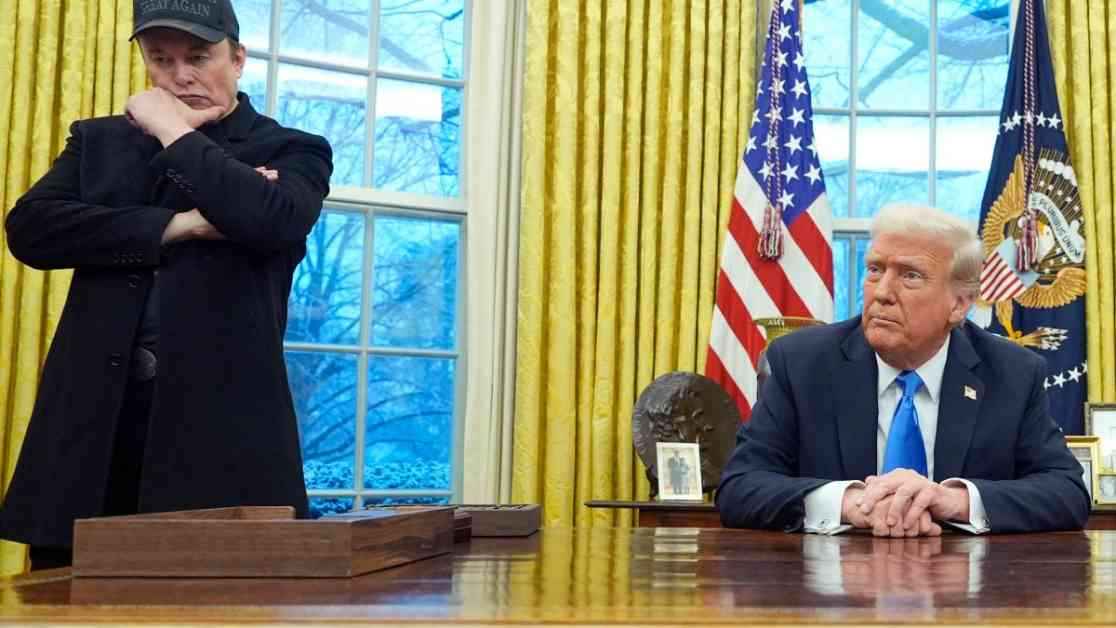The Trump administration recently sparked controversy by blocking an Associated Press reporter from an Oval Office event for refusing to conform to the president’s mandate to rename the Gulf of Mexico as the Gulf of America. This unprecedented ban raises concerns over constitutional free speech implications and the limits of governmental power in controlling media content.
The White House’s decision to deny entry to the AP reporter on Tuesday came after the news agency declined to comply with Trump’s directive to change its style guide regarding the Gulf of Mexico’s name. This move, while seemingly a matter of semantics, has significant implications for press freedom and the public’s right to access independent news.
Julie Pace, senior vice president and executive editor of The Associated Press, condemned the administration’s actions as a threat to journalistic integrity. She emphasized that limiting access to the Oval Office based on editorial choices not only hinders the public’s right to information but also violates the First Amendment, a cornerstone of American democracy.
The clash between the government and the press reflects a broader pattern of tension between Trump and the media. This incident comes on the heels of a recent expulsion of news organizations from Pentagon office space, underscoring the administration’s contentious relationship with the press.
The issue of naming geographical locations is not new to the Trump administration. Before taking office, Trump announced his intention to rename the Gulf of Mexico as the Gulf of America, a move met with skepticism and criticism. While Google Maps has adopted the new name, Apple Maps continues to use the traditional designation, highlighting the complexities of geopolitical nomenclature.
The AP’s decision to maintain the use of “Gulf of Mexico” in their reporting underscores the delicate balance between official mandates and journalistic standards. As a global news agency, the AP must navigate the nuances of place names to ensure their reports are accessible and accurate for diverse audiences around the world.
In a separate instance, Trump’s reversal of the name change for Mount McKinley in Alaska, from Denali back to its original moniker, reflects his broader approach to federal geographical designations. While former President Obama had renamed the mountain in 2015, Trump’s decision to revert to the traditional name highlights the political nature of geographical naming conventions.
As the debate over the Gulf of Mexico’s renaming continues, it raises fundamental questions about governmental authority, press freedom, and the role of media in democratic societies. The clash between the White House and the Associated Press serves as a poignant reminder of the enduring importance of independent journalism and the public’s right to access diverse perspectives and information.


